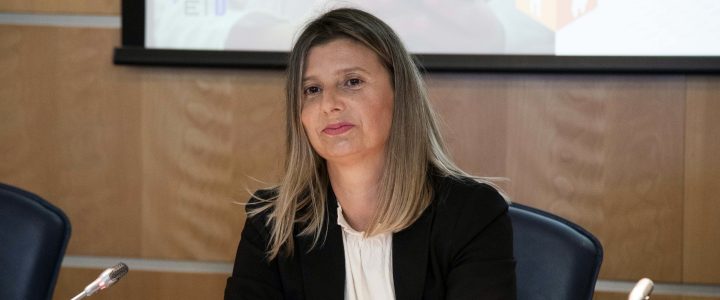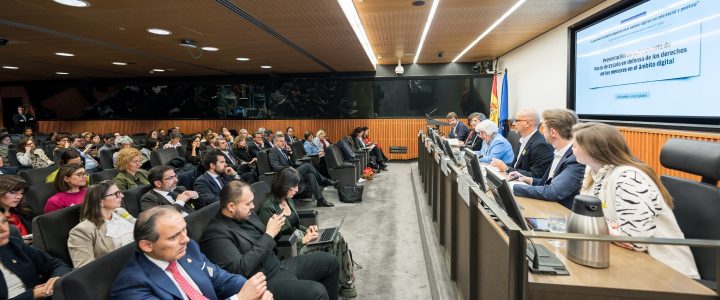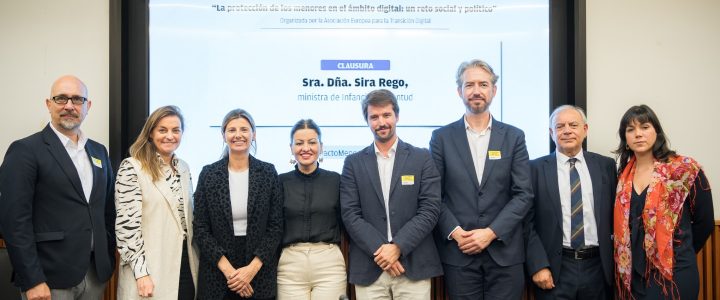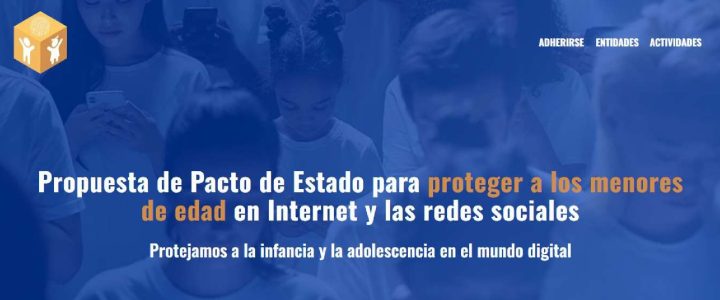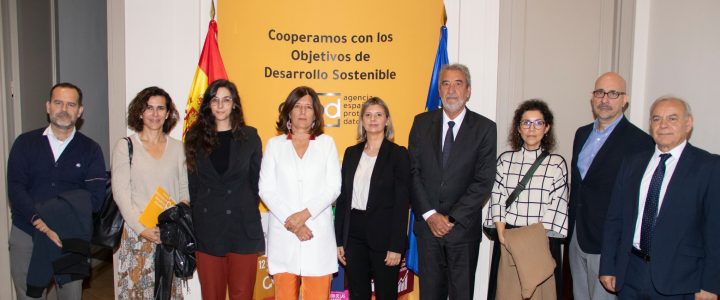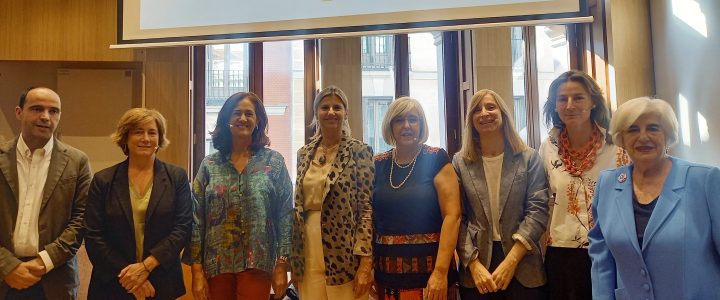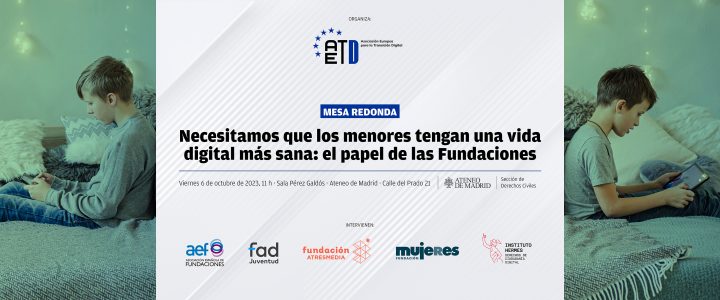The vice president of the European Association for Digital Transition (EADT), Ana Caballero, recently took part in some seminars held by the Andalusian Parliament. Organised by the Audiovisual Council of Andalusia, the session ‘The consequences of being the first digital natives’ analysed from various perspectives the risks involved in the overexposure of minors to screentime.
Read moreChildren, adolescents and problems with digital tools: the responsibility of the large internet platforms




